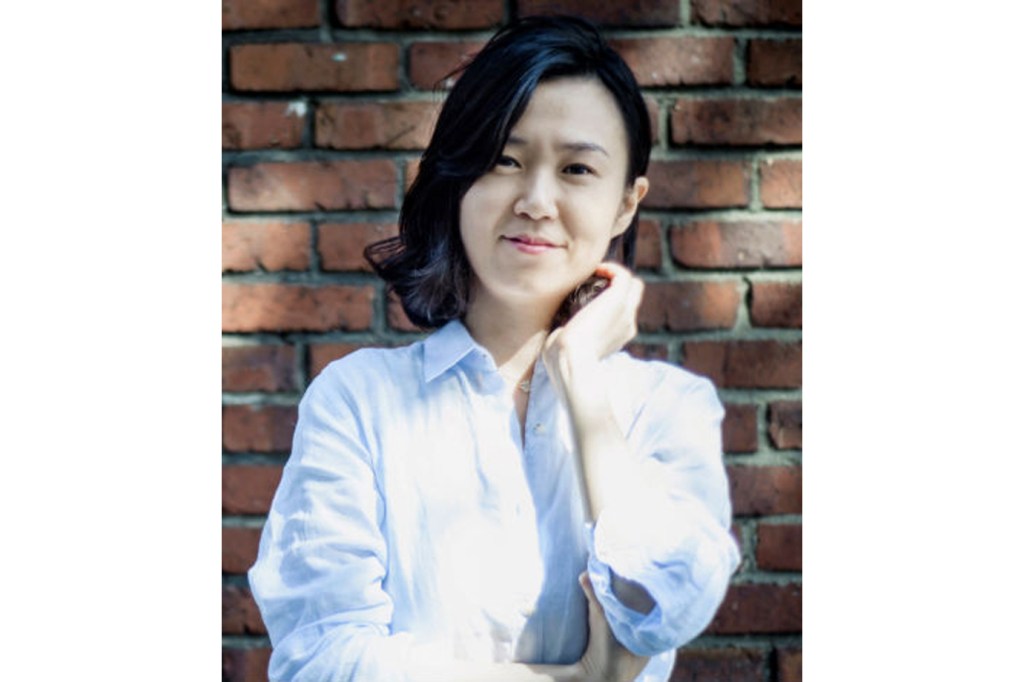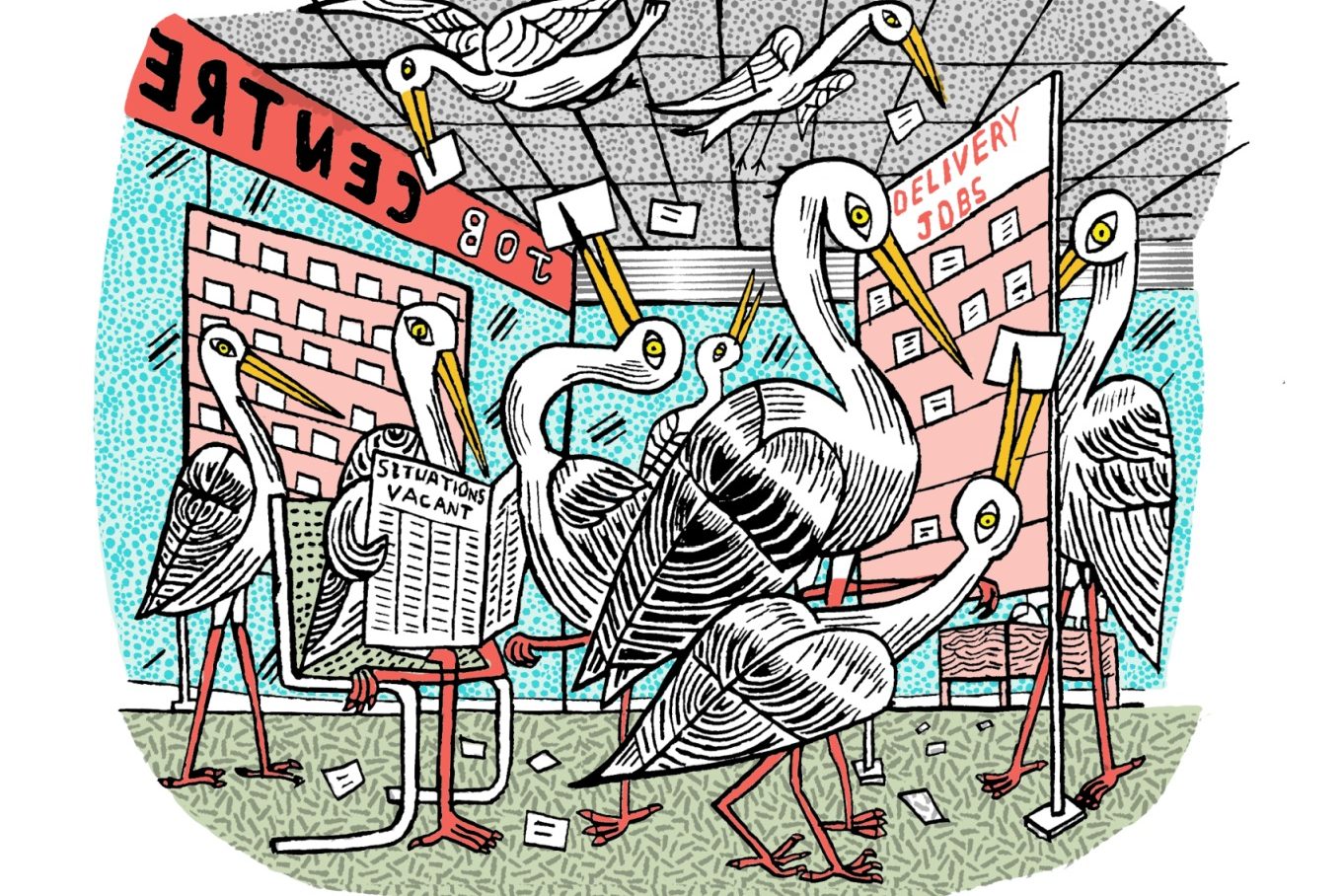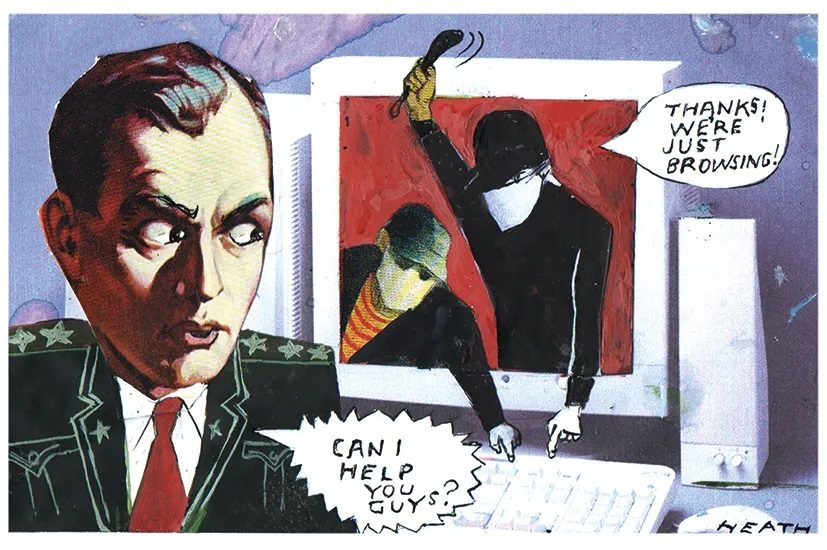‘Buy pink baby clothes,’ Kim Jiyoung, the protagonist of this best-selling South Korean novel is told at the obstetrician’s office. Jiyoung’s mother responds: ‘It’s OK, the next one will be a boy.’ There are numerous births in this book. Births of girls are met with disappointment. The births of sons are celebrated. When Jiyoung is born in 1982, ‘abortion for medical problems had been legal for 10 years…aborting females was common practice as if “daughter” was a medical problem’. Her younger sister is ‘erased’. Erasure — the aborting of female fetuses because of their sex; the silencing of women’s and girl’s voices; society’s lack of concern about violence against women and women’s health; the squeezing of women out of jobs after they’ve given birth; under-appreciation of child-rearing — is a thread that runs through the novel.
Jiyoung learns, quickly, that girls and their experiences are considered less important than boys and their experiences. At home, she eats after her pampered brother; at school, after all the boys in her year. Periods are ‘an irritating, painful, sometimes shameful secret’ — shared with her sister and mother but not with her father or brother. She learns that when girls are groped by men, ‘all they could do was remove themselves from the scene’. Her female peers at school are told off when they take catching a pervert into their own hands.
Jiyoung loses out on a promotion at work because of her gender, and when she is a mother, and has quit her career to raise her daughter, she hears male office workers in the park say, ‘I wish I could…bum around and get coffee…mum-roaches got it real cushy.’
Jiyoung’s experiences aren’t extraordinary: they reflect those shared by most Korean — and many non-Korean — women. Cho demonstrates how this exposure to discrimination and prejudice accumulates over a lifetime, how it can chip away at a woman’s identity. Jiyoung tells her husband, ‘I suffered deathly pain having our child. My routine, my career, my dreams, my entire life, my Self — I gave it all up to raise our child. And I’ve become vermin.’
The novel begins when Jiyoung has started to behave abnormally, as though she is being possessed by the spirits of other women, both alive and dead: her mother, her daughter, a friend who died in childbirth. This is the ultimate erasure of the story. Jiyoung — after a life of being silenced, blamed for harassment by men, of giving up everything to become a mother — becomes every woman, rather than the individual she once was. Into this beautifully written (and translated) biography of a fictional Korean woman, it becomes possible to read the real experiences of many women around the world
This article is in The Spectator’s April 2020 US edition. Subscribe here to get yours.

























